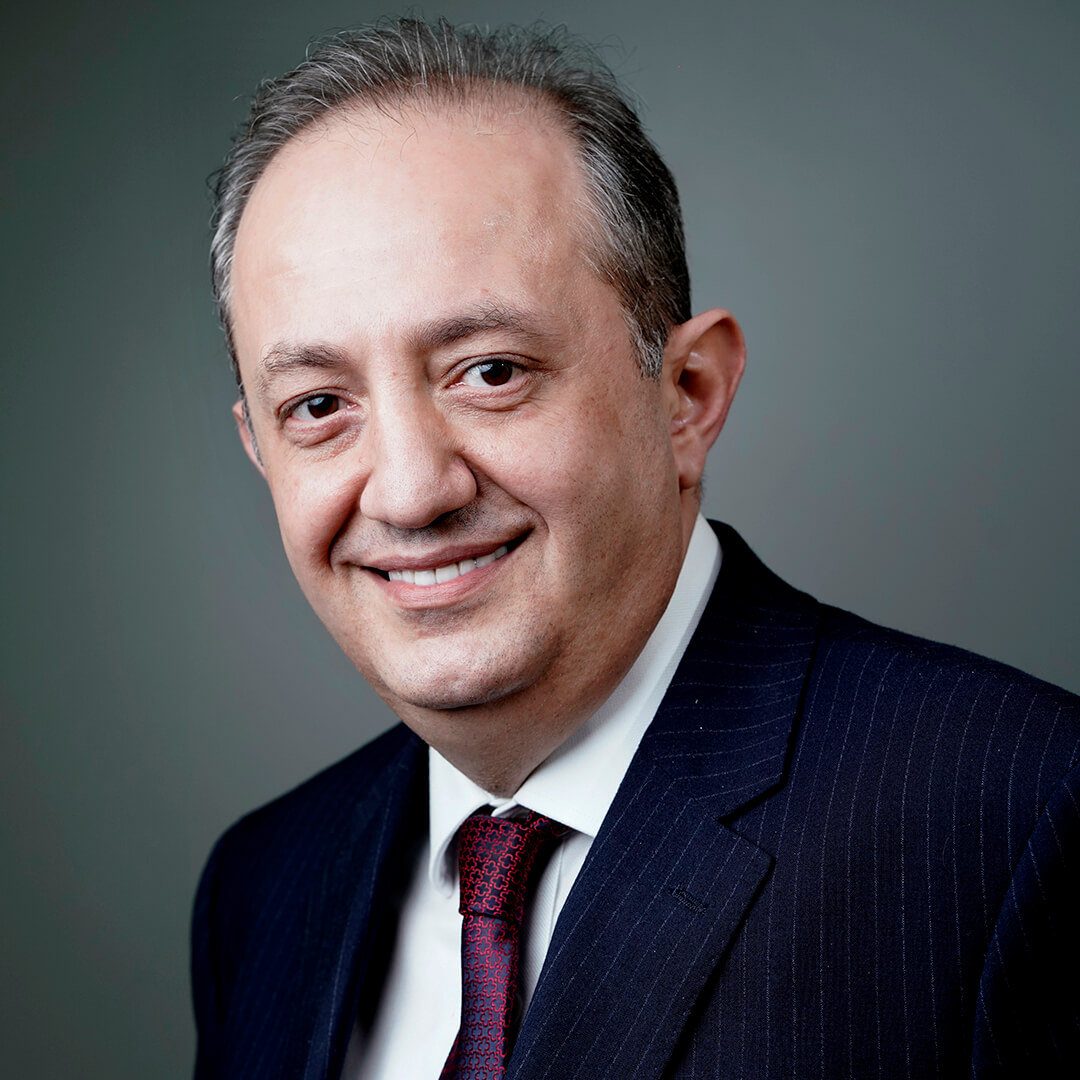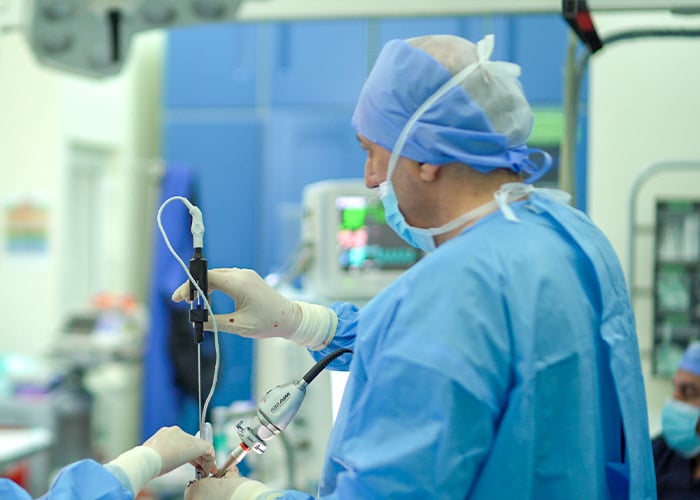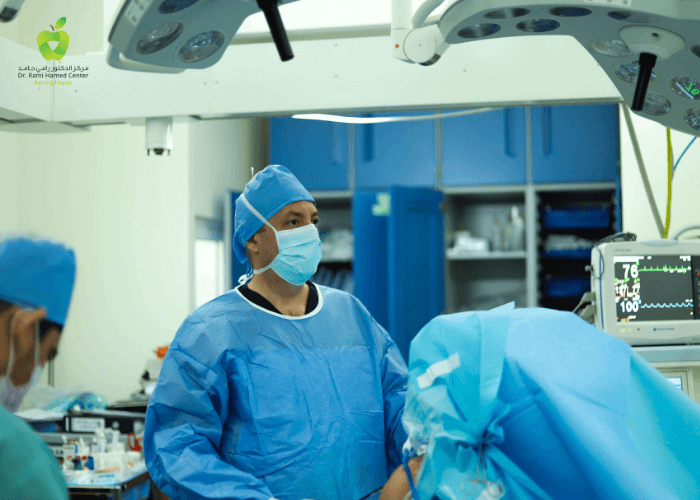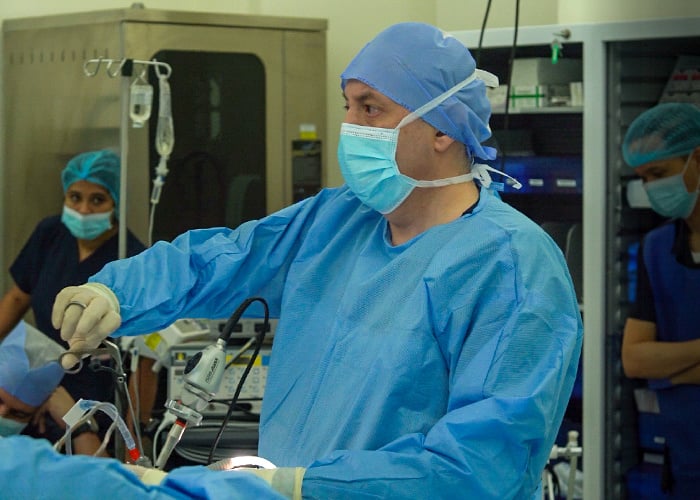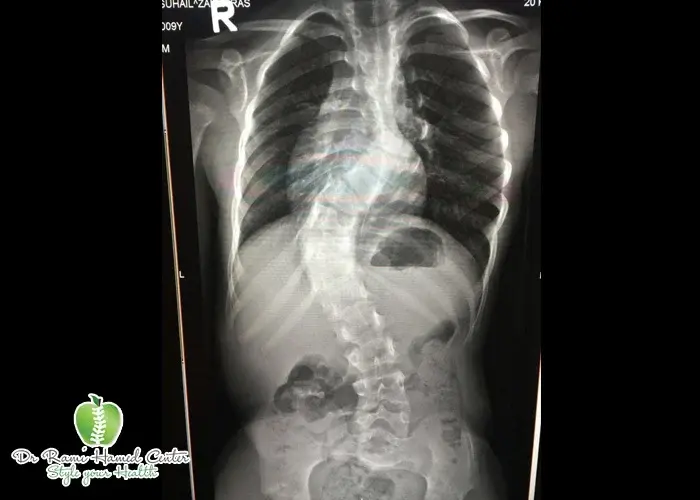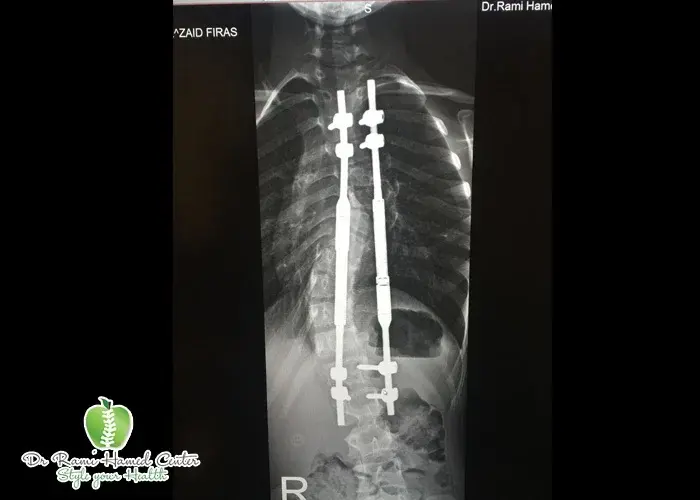What Are The Possible Complications Of Full Endoscopic Discectomy?
When using the most recent techniques and skilled hands, the rate of complications is extremely low. Most complications are minor and will resolve quickly.
Full Video: https://www.youtube.com/watch?v=FXBbRnIop7s&t=14s
Yet rare complications that may occur are:
Nerve root injury:
The nerve root may become inflamed or traumatized during the procedure, which exposes the dura and protects it so that we can excise the disc. Experts believe the nerve root would never be cut during surgery unless the surgeons were extremely inexperienced. Non-steroidal anti-inflammatory drugs (NSAIDs) or occasionally dexamethasone can help these symptoms go away after 3–4 weeks.
Dural tear:
The dura, the sac containing all the nerves leading to the lower extremities, is exposed during the process of exposing the intervertebral disc. If the dura is punctured during the dissection process, we typically suture the dura primarily concurrently with a non-absorbable suture. The likelihood of this occurring is about 1-2%, and the patient must stay in bed for two to three days following surgery until we are certain there has been no CSF leakage.
Infection:
After surgery, infection at the surgical site is a possibility, but the risk is extremely low—less than 1%—given the state of modern sterilization techniques and prophylactic antibiotic use.
Hemorrhage:
Although there may be some bleeding from the epidural veins and the muscles surrounding the spinal column during the procedure, most of the time, we can stop any bleeding. The risk of hemorrhage following a discectomy is also extremely low—less than 1%—and is typically managed with a variety of precautions with no apparent significant risk.
Cauda Equina Syndrome:
The compression of the Dural sac during surgery or as a result of an incidental hematoma is known as cauda equina syndrome. To check for neurological deficits, estimate the risk of cauda equina syndrome, and attempt to relieve any pressure, if necessary, the patient should notify his doctor immediately if any severe post-operative pain develops in the lumbar spine.



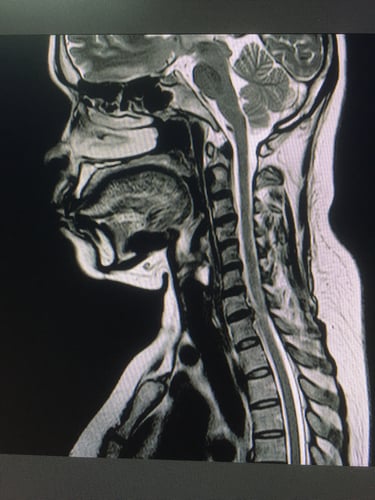
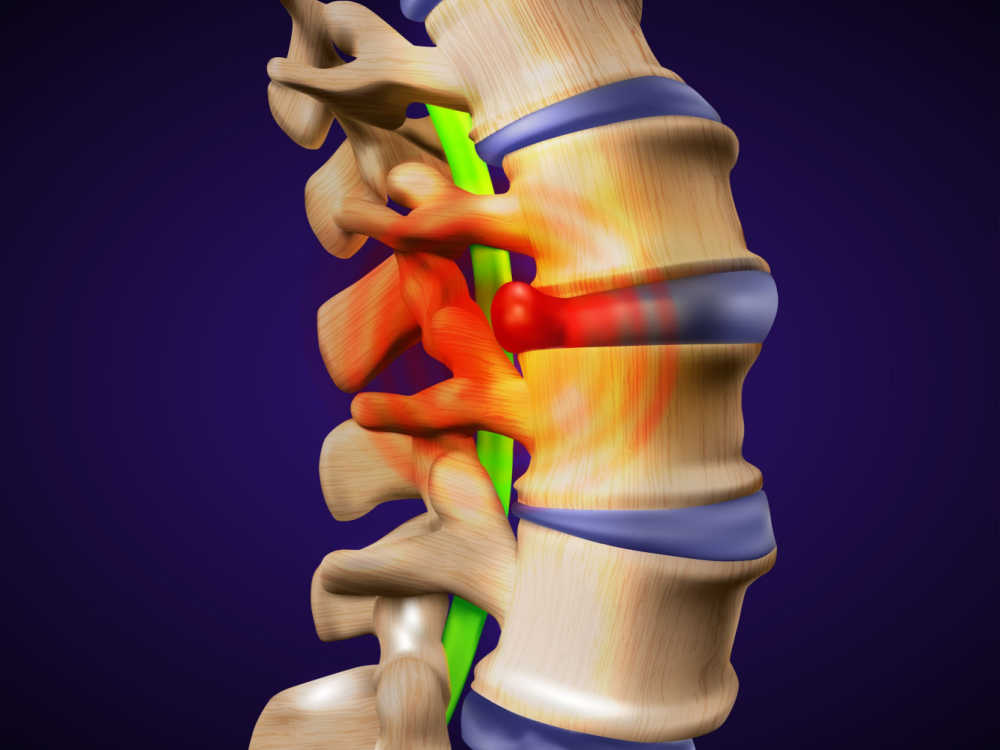
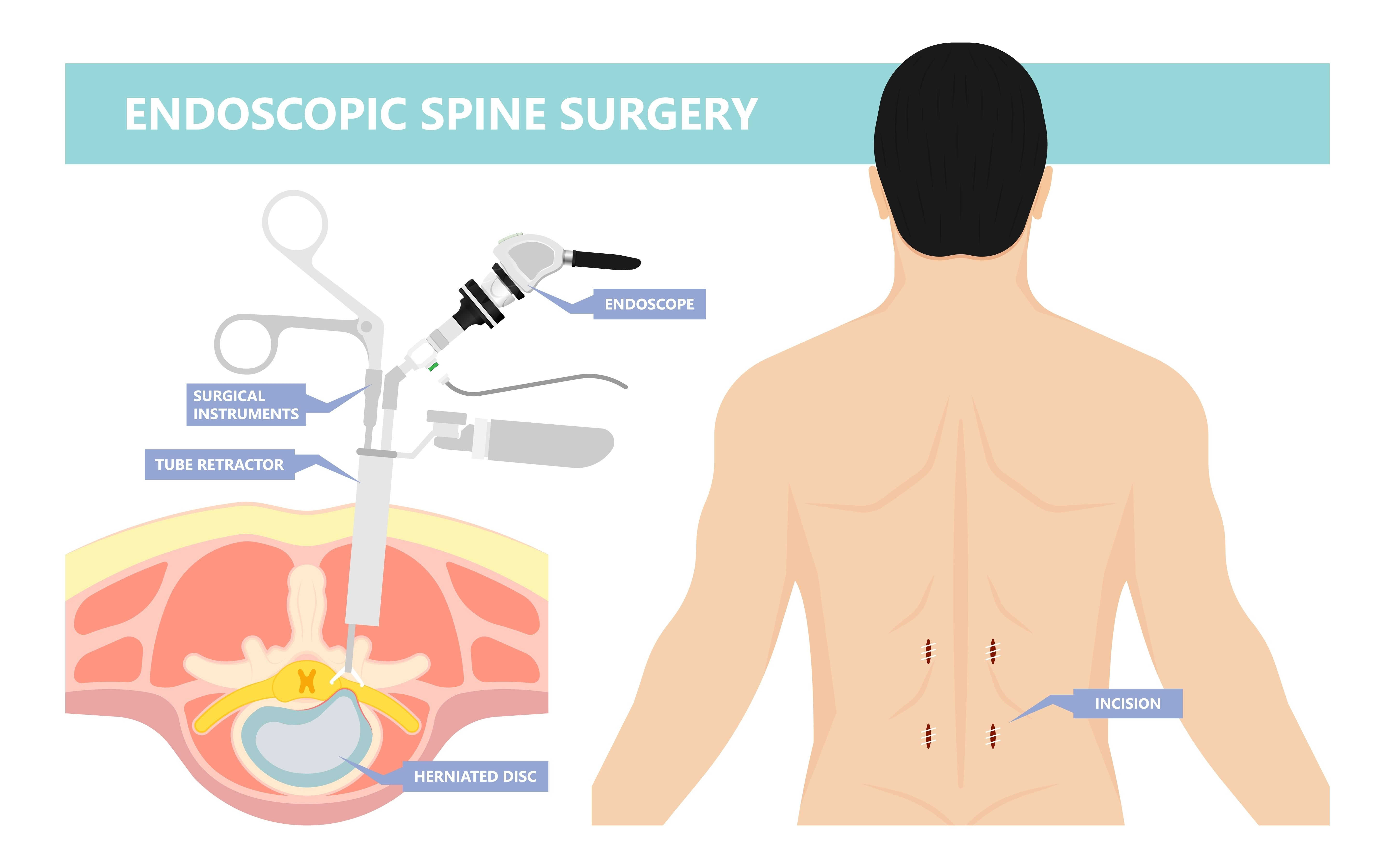

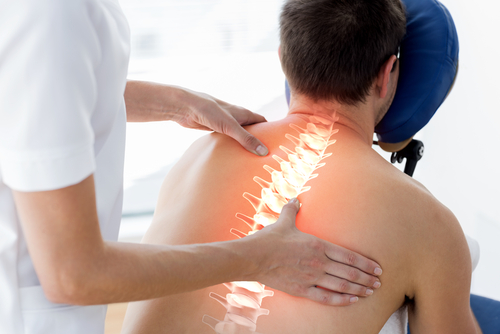
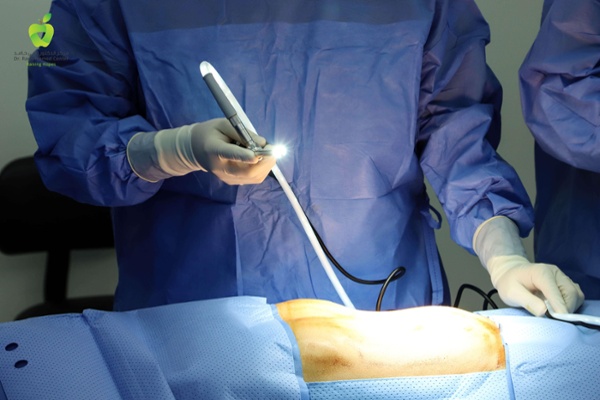

.png?width=286&height=60&name=bookanappointment%20(1).png)
